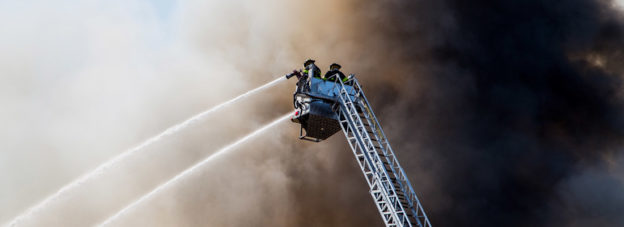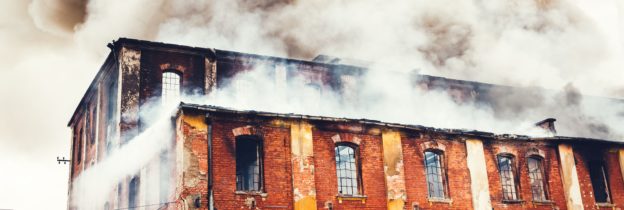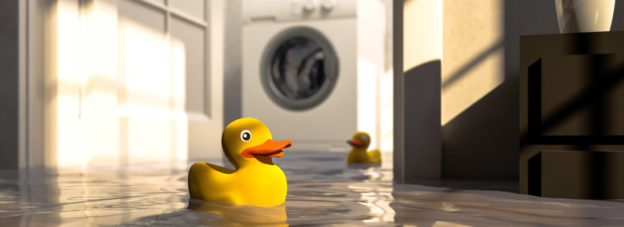In Smith v. Spectrum Brands, Inc., 2022 U.S. Dist. LEXIS 142262, the United States District Court for the Eastern District of Pennsylvania (District Court) considered whether the plaintiffs’ liability expert met the requirements of Rule 702 of the Federal Rules of Evidence and could testify that a filter pump for an aquarium tank was defectively designed and caused a fire at the plaintiffs’ home. The defendant filed a motion to exclude the plaintiffs’ liability expert on grounds that the expert’s opinion did not satisfy the reliability element of Rule 702 because the expert never conducted physical testing on the filter pump. The court found that the cognitive testing employed by the expert through various methods, including visual inspections of the evidence, a review of photographs of the scene and literature from the manufacturer, and research on similar products, was sufficiently reliable to admit his opinion. Continue reading





